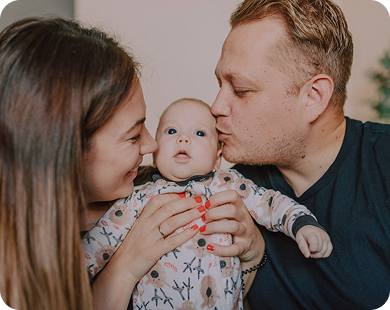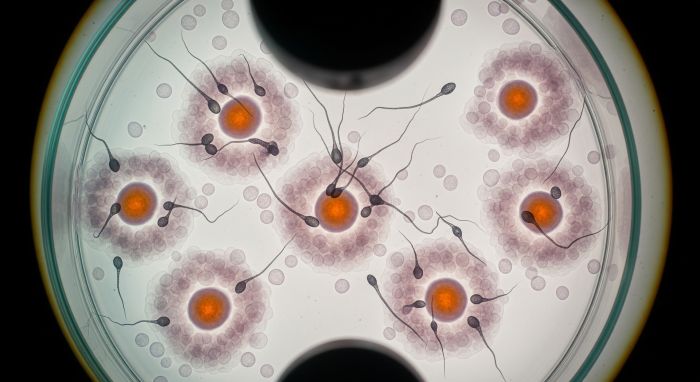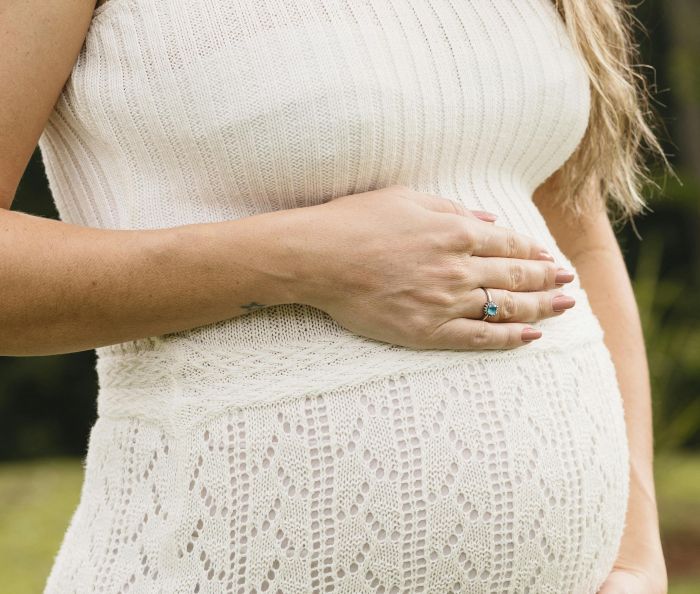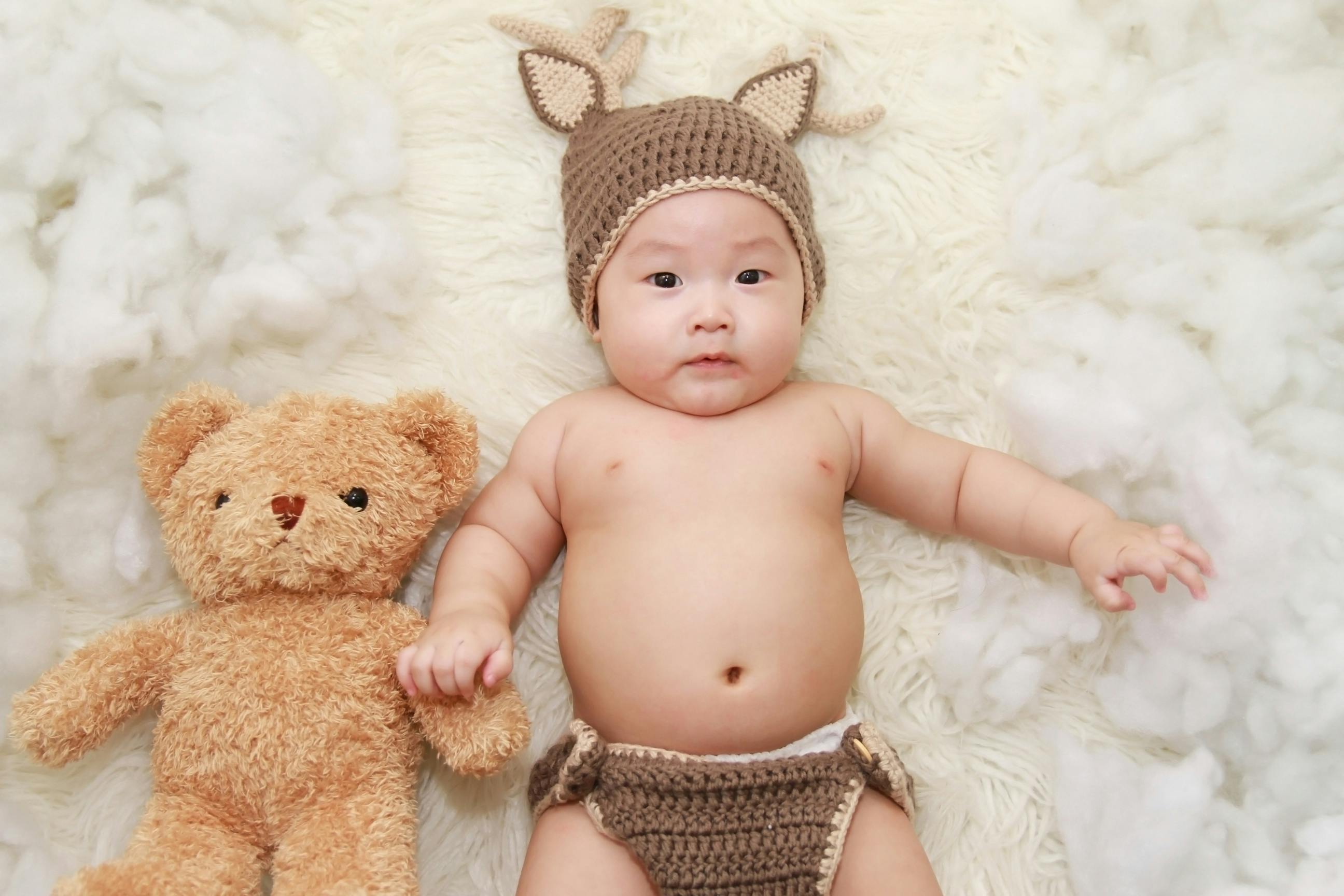IVF with donor eggs opens doors to parenthood when your own eggs may not be viable, offering hope and high success rates for many couples and individuals. Understanding the key considerations—from selecting the right donor to managing emotions and legal aspects—helps you make informed decisions on your fertility journey.
Understanding IVF with Donor Eggs
IVF with donor eggs is a fertility treatment where eggs from a carefully screened donor are fertilized with sperm (either from your partner or a donor) in a laboratory setting. The resulting embryos are then transferred to your uterus or a gestational carrier's uterus.
This treatment becomes an option when your own eggs are no longer viable due to various factors. The process involves synchronizing your cycle with the donor's cycle, ensuring optimal timing for embryo transfer and implantation.
When Donor Eggs Become Necessary
Several medical conditions and circumstances may lead your fertility specialist to recommend IVF with donor eggs. Understanding these situations helps you recognize when this treatment path might be right for you.
| Medical Condition | Description | Why Donor Eggs Help |
|---|---|---|
| Advanced Maternal Age | Women over 42-43 years old | Younger donor eggs have higher quality and success rates |
| Premature Ovarian Failure | Ovaries stop functioning before age 40 | Provides viable eggs when natural production ceases |
| Poor Egg Quality | Repeated IVF failures with own eggs | High-quality donor eggs improve embryo development |
| Genetic Disorders | Risk of passing hereditary conditions | Healthy donor eggs eliminate genetic risks |
| Cancer Treatment | Chemotherapy or radiation damage to ovaries | Preserves fertility options after treatment |
Your fertility specialist will evaluate your specific situation through comprehensive testing, including AMH hormone levels, antral follicle count, and previous treatment outcomes to determine if donor eggs are your best option.
Success Rates and Realistic Expectations
IVF with donor eggs typically offers higher success rates compared to using your own eggs, especially for women over 35. According to the Society for Assisted Reproductive Technology (SART), success rates with donor eggs remain consistently high regardless of the recipient's age.
| Recipient Age | Live Birth Rate per Transfer | Miscarriage Rate |
|---|---|---|
| Under 35 | 55-60% | 15-20% |
| 35-39 | 55-60% | 15-20% |
| 40-42 | 55-60% | 15-20% |
| Over 42 | 55-60% | 15-20% |
These rates reflect the fact that success depends primarily on the donor's age and egg quality, not the recipient's age. However, your individual circumstances, including uterine health and overall medical condition, will influence your specific prognosis.
Dr. Sarah Johnson, a reproductive endocrinologist at Stanford University, notes: "The consistent success rates across recipient age groups with donor eggs demonstrate how egg quality, rather than recipient age, is the primary factor in IVF success" (Johnson, 2023).
Choosing the Right Egg Donor
Selecting an egg donor is one of the most important decisions in your treatment journey. This choice involves both medical and personal considerations that will impact your family's future.
Medical Screening and Health Considerations
All egg donors undergo extensive medical and psychological screening to ensure they meet strict health standards. Understanding this process helps you feel confident in your donor selection.
| Screening Category | Tests Included | Purpose |
|---|---|---|
| Medical History | Personal and family health records | Identify genetic risks and health patterns |
| Physical Examination | Complete medical exam and BMI assessment | Ensure overall health and fertility |
| Genetic Testing | Carrier screening for common genetic disorders | Prevent transmission of genetic conditions |
| Infectious Disease | HIV, hepatitis, syphilis, and other STD testing | Ensure safety for recipient and future child |
| Psychological Evaluation | Mental health assessment and counseling | Confirm emotional readiness and stability |
When reviewing potential donors, consider requesting information about CMV health screening and other specific health markers that matter to your family's medical history.
Personal Characteristics and Matching
Beyond medical factors, many intended parents consider physical characteristics, educational background, and personal interests when selecting a donor. While these factors don't affect treatment success, they can be important for your emotional comfort with the process.
Fresh vs. Frozen Donor Eggs
You'll need to decide between using fresh donor eggs or frozen donor eggs from an egg bank. Each option has distinct advantages and considerations that affect timing, cost, and success rates.
| Factor | Fresh Donor Eggs | Frozen Donor Eggs |
|---|---|---|
| Success Rates | Slightly higher per cycle | Comparable with modern freezing techniques |
| Timeline | 2-6 months for matching and synchronization | Available immediately once selected |
| Cost | Higher due to donor compensation and medications | Lower overall cost |
| Donor Selection | Limited to available donors in your timeframe | Wider selection from established banks |
| Flexibility | Requires cycle synchronization | Start treatment when ready |
Modern vitrification techniques have significantly improved the survival rates of frozen eggs, making this option increasingly popular. Research shows that fresh vs frozen eggs results are now very comparable when using high-quality egg banks.
The Treatment Process Step by Step
Understanding each phase of your IVF with donor eggs treatment helps you prepare mentally and physically for the journey ahead.
Initial Consultation and Planning
Your treatment begins with comprehensive consultations where your medical team reviews your history, discusses your goals, and creates a personalized treatment plan. This phase typically includes:
During this time, you'll also begin the donor selection process and complete any additional testing your doctor recommends. Your medical team will coordinate all aspects of your care to ensure optimal timing and preparation.
Cycle Synchronization and Preparation
If using fresh donor eggs, your cycle must be synchronized with your donor's cycle. This involves hormonal medications to prepare your uterine lining while your donor undergoes ovarian stimulation.
For frozen donor eggs, you have more flexibility in timing. Your medical team will prepare your endometrium using estrogen and progesterone medications to create the optimal environment for embryo implantation.
Egg Retrieval and Fertilization
While your donor undergoes egg retrieval (or eggs are thawed from the bank), sperm is prepared for fertilization. The eggs are then fertilized using either conventional IVF or ICSI depending on sperm quality and other factors.
Embryo Development and Transfer
Embryos are monitored for 3-5 days as they develop. Your medical team may recommend genetic testing (PGT) to screen embryos for chromosomal abnormalities, though this is less commonly needed with young donor eggs.
The embryo transfer is a simple procedure similar to a pap smear. Most clinics now recommend single embryo transfer to reduce the risk of multiple pregnancies while maintaining high success rates.
Emotional and Psychological Considerations
Using donor eggs involves complex emotions that are completely normal and valid. Many intended parents experience a range of feelings throughout the process, and addressing these emotions is an important part of your care.
Processing the Grief of Genetic Connection
Many people need time to process the loss of genetic connection to their future child. This grief is real and important to acknowledge. The emotional shift from own to donor eggs represents a significant transition in your fertility journey.
Counseling and support groups can provide valuable tools for working through these feelings. Remember that genetic connection is just one of many ways to bond with your child, and the love you'll share will be no less meaningful.
Building Excitement for Your Future Family
As you move through the process, many parents find their focus shifts from what they're losing to what they're gaining—the opportunity to carry and birth their child, to experience pregnancy, and to build their family.
Consider connecting with other parents who used donor eggs through support groups or online communities. Hearing their experiences can provide reassurance and practical insights for your own journey.
Legal and Ethical Considerations
IVF with donor eggs involves important legal considerations that protect all parties involved. Understanding these aspects ensures you're fully prepared for treatment.
| Legal Aspect | Key Points | Your Protection |
|---|---|---|
| Donor Contracts | Legal agreements outlining rights and responsibilities | Clear boundaries and expectations |
| Parental Rights | You are the legal parent of resulting children | Full parental rights and responsibilities |
| Anonymity | Level of contact and information sharing | Privacy protection for all parties |
| Future Contact | Policies about future communication | Clear guidelines for any future interactions |
Working with reputable clinics and egg banks ensures that all legal requirements are met and that proper contracts are in place to protect your interests and those of your donor.
Financial Planning and Insurance
The cost of IVF with donor eggs varies significantly depending on whether you use fresh or frozen eggs, your location, and your specific treatment needs. Planning financially for treatment helps reduce stress and allows you to focus on your health and well-being.
| Cost Component | Fresh Donor Eggs | Frozen Donor Eggs |
|---|---|---|
| Donor Compensation | $8,000-$10,000 | Included in egg cost |
| Medical Procedures | $15,000-$20,000 | $12,000-$15,000 |
| Medications | $3,000-$5,000 | $2,000-$3,000 |
| Egg Bank Fees | N/A | $3,000-$8,000 |
Many clinics offer financing options and payment plans to make treatment more accessible. Some insurance plans provide partial coverage for fertility treatments, so review your benefits carefully with your insurance provider.
Preparing for Treatment Success
While egg quality comes from your donor, your overall health and uterine environment play crucial roles in treatment success. Preparing your body optimally supports the best possible outcomes.
Optimizing Your Health
Focus on maintaining a healthy lifestyle in the months leading up to treatment. This includes eating a balanced diet rich in folic acid and other fertility-supporting nutrients, maintaining a healthy weight, and managing stress levels.
Your doctor may recommend specific supplements or medications to optimize your uterine lining and overall reproductive health. Following these recommendations carefully can improve your chances of successful implantation and pregnancy.
Building Your Support Network
Having strong emotional support throughout your treatment makes a significant difference in your experience. This might include your partner, family members, friends, support groups, or professional counselors who understand fertility challenges.
Consider joining online communities or local support groups specifically for people using donor eggs. Connecting with others who understand your experience provides valuable emotional support and practical advice.
International Treatment Considerations
Many patients consider traveling abroad for donor egg IVF due to cost savings, shorter wait times, or access to specific donors. If you're considering international egg donation, research thoroughly to ensure safety and quality standards.
| Consideration | Questions to Ask | Red Flags |
|---|---|---|
| Clinic Accreditation | What certifications does the clinic hold? | No international accreditation |
| Success Rates | Can you verify published success rates? | Unusually high or unverified rates |
| Legal Framework | What are the local laws regarding donor eggs? | Unclear or restrictive legal environment |
| Language Barriers | Is communication available in your language? | Limited communication options |
| Follow-up Care | How is ongoing care managed? | No clear follow-up plan |
At Avida Fertility in Mexico, we provide comprehensive care with international standards, experienced medical teams, and full support throughout your treatment journey, making us a trusted choice for patients seeking high-quality, affordable fertility care.
Long-term Considerations and Future Planning
Planning for your family's future involves thinking beyond your first successful pregnancy. Many couples using donor eggs want to have multiple children, and planning ahead can save time, money, and emotional energy.
Sibling Considerations
If you hope to have more than one child, consider whether you want siblings to share the same genetic donor. This might influence your choice between fresh and frozen eggs, as you can often purchase multiple egg lots from the same donor when using frozen eggs.
Some parents choose to have their second baby with the same egg donor to maintain genetic sibling relationships, while others are comfortable with different donors for each child.
Disclosure to Your Children
Many families using donor eggs eventually share this information with their children. Planning how and when to have these conversations helps you feel prepared and confident. Age-appropriate books and resources can help guide these important family discussions.
Consider connecting with other donor-conceived families to learn from their experiences and approaches to disclosure. There's no single right way to handle this, and what works best depends on your family's values and circumstances.
Frequently Asked Questions
How long does the IVF with donor eggs process take?
The timeline varies depending on whether you use fresh or frozen donor eggs. With frozen eggs, you can typically start treatment within 1-2 months of donor selection. Fresh donor egg cycles require 2-6 months for matching, screening, and cycle synchronization.
What are the risks associated with donor egg IVF?
The risks are similar to standard IVF, including multiple pregnancy (if multiple embryos are transferred), ovarian hyperstimulation syndrome (rare with donor eggs), and the standard risks of pregnancy and delivery. The donor undergoes the stimulation risks, not the recipient.
Can I meet my egg donor?
This depends on your clinic's policies and your donor's preferences. Some programs offer anonymous donation only, while others allow varying degrees of contact. Discuss your preferences with your clinic to understand available options.
What happens to unused embryos?
Unused embryos can be frozen for future use, donated to other couples, donated for research, or discarded according to your wishes. You'll make these decisions before starting treatment and can modify them later if needed.
How do I explain donor egg conception to family and friends?
Share only what feels comfortable to you. Some families are open about using donor eggs, while others prefer privacy. Prepare simple explanations for different audiences, and remember that you don't owe anyone detailed explanations about your fertility treatment.
Why Choose Avida Fertility for Your Donor Egg Journey
At Avida Fertility, we understand that choosing donor egg IVF represents both hope and courage. Our experienced team provides comprehensive care that addresses not just the medical aspects of your treatment, but also the emotional and practical considerations that matter to your family.
Our state-of-the-art laboratory and experienced embryologists ensure the highest standards of care for your donor eggs and embryos. We work with carefully screened egg donors and reputable egg banks to provide you with the best possible options for your family-building journey.
Located in Mexico, we offer international-standard care at accessible prices, with full support for international patients including coordination of travel, accommodation, and follow-up care with your home physician.
Considering IVF treatment? Avida Fertility is here to support and guide you on your fertility journey. Reach out today for a personalized consultation and take the first step towards building your family with confidence.






.png)







.svg)
.svg)
